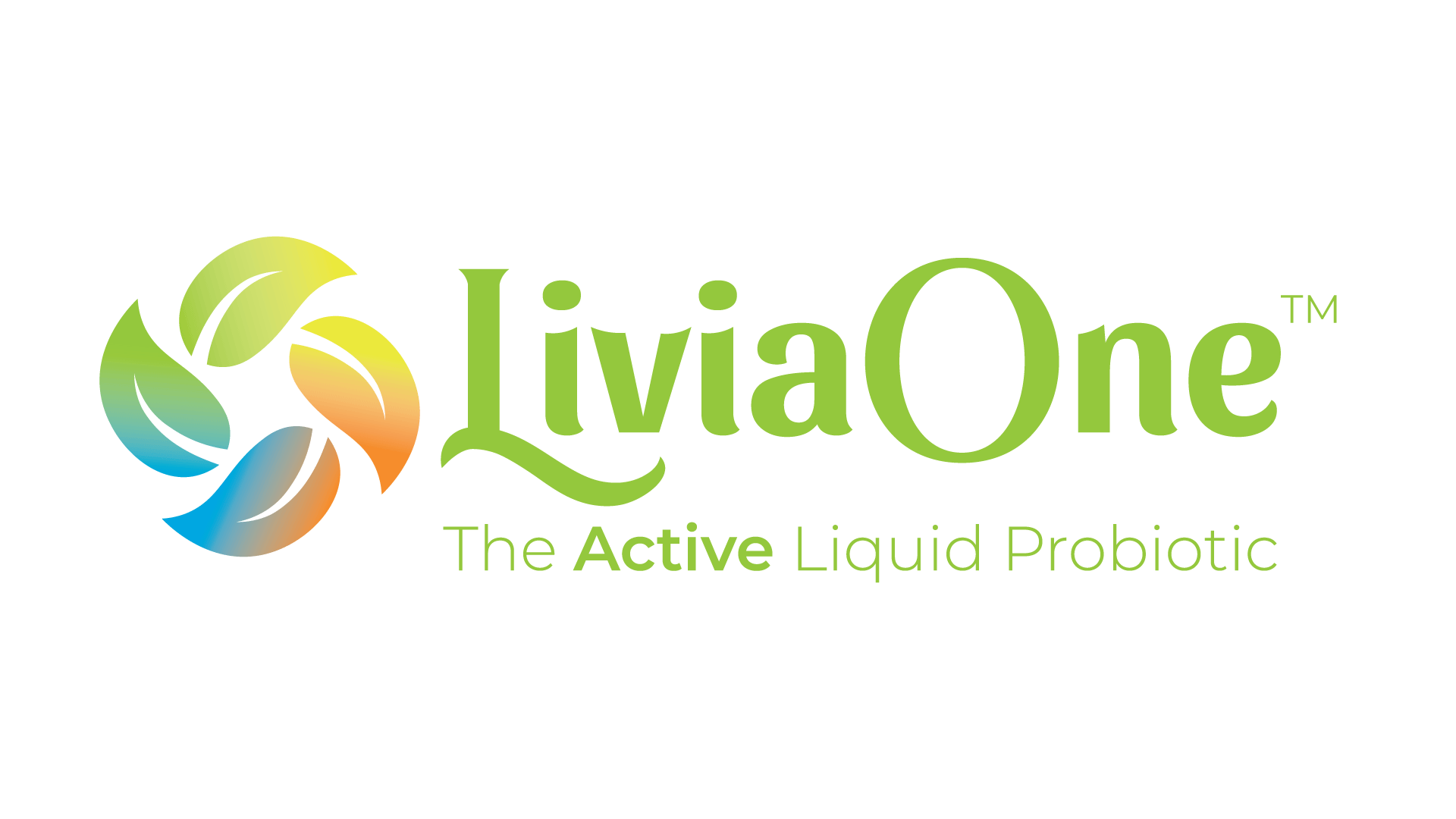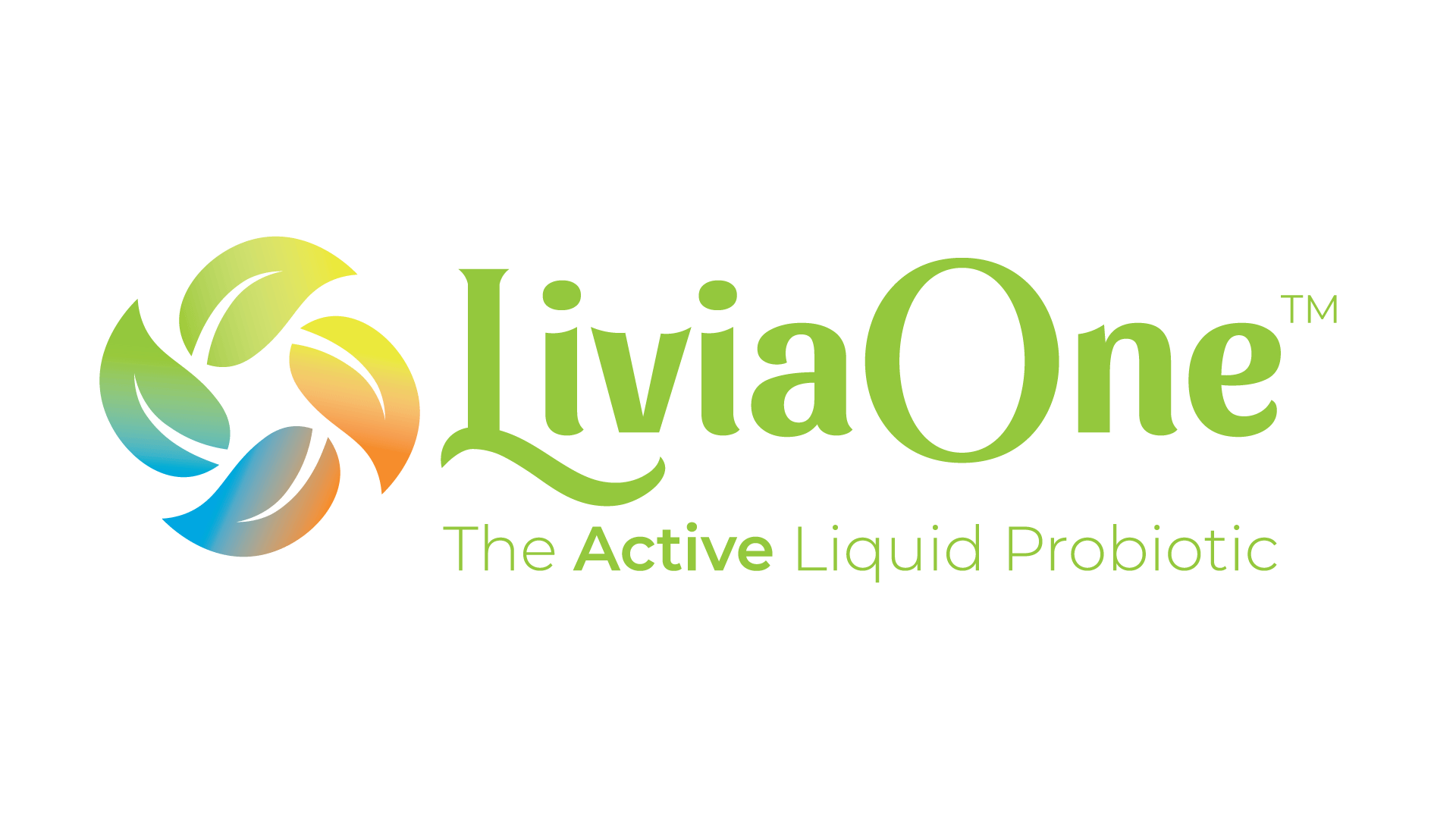Saccharomyces Boulardii
Saccharomyces boulardii, or S. boulardii, is an important probiotic that can recolonize and sustain flora in the large and small intestine. Probiotics, as defined by the Food and Agricultural Organization of the United Nations, are "live microorganisms which, when administered in adequate amounts, confer a health benefit on the host." (1)
S. boulardii is a strain of yeast, first discovered in 1920 by French biologist Henri Boulard while in southeast Asia. Boulard's purpose for traveling to the area was to look for a strain of yeast that would be particularly heat-resistant for the production of wine. A cholera outbreak occurred during Boulard's stay. Boulard noted that to help combat the diarrhea associated with the disease, people would either chew on the skins of lychee and mangosteen fruits, or boil the skins to make tea. He was able to isolate the particular substance that successfully stopped the diarrhea, and discovered that the yeast could grow at the unusually high temperature of 98.6 degrees Fahrenheit. (2) Determining that the yeast was of the Saccharomyces genus, he named his discovery after himself. In 1947, Boulard sold the rights to Saccharomyces boulardii to the fledgling pharmaceutical company Biocodex. The company continues to hold the patent to S. boulardii.
S. boulardii is classified as being non-systemic and non-pathogenic. It confines itself to the intestinal tract, instead of spreading throughout the body. It is popularly marketed in lyophilized (freeze-dried) form.
Benefits of Saccharomyces Boulardii
Controls Various Forms of Diarrhea
Below are applications of how S. boulardii is effective in not only the treatment but in the prevention of a number of diarrhea-related gastrointestinal disorders. (3)
Decreases Incidence of Acute Diarrhea
Studies conducted in 1994 and 2005 indicate that the use of S. boulardii versus a placebo shows efficacy in reducing acute diarrhea in children and adults. The dose administered to children age three months and older, as well as to adults, was 250 mg. twice per day for five days. (4) (5)
Reduces Rate of Recurrence of Pseudomembranous Colitis
When administered concurrently with either of the antibiotics metronidazole or vancomycin, S. boulardii was found to decrease the likelihood of additional episodes of pseudomembranous colitis among people experiencing the disease. (6)
Lessens Bowel Movement Frequency in Irritable Bowel Syndrome Patients
Research conducted in a series of studies shows that ingestion of S. boulardii significantly diminished the number of bowel movements in people with diarrhea-predominant irritable bowel syndrome. Use of S. boulardii also improved the texture of the stool.
Reduces Likelihood of Contracting Travelers' Diarrhea
In 1989, a group of Austrians planning a worldwide tour participated in a study to determine the efficacy of S. boulardii in preventing "travelers' diarrhea." They ingested S. boulardii on a daily basis, five days prior to departing. It was found that the higher the dosage, the less likely the tourists were to develop diarrhea while experiencing food and water qualities of varying levels. It was also found that the incidence of diarrhea corresponded to the locations visited. (7) Another advantage of using S. boulardii during travel is that the yeast does not need to be kept as cold as some other probiotic strains.
Decreases Diarrhea as an Antibiotic Side Effect
Although the primary purpose of antibiotics is to kill infection-causing bacteria in the body, they can produce undesirable side effects like diarrhea, as well as the cramping and nausea associated with it. When used as a preventative treatment, S. boulardii has been shown to reduce the onset, duration and frequency of this side effect among adults. (8)
Assists in Anti-Inflammatory Protection
When the body is affected by an Escherichia coli (E. coli) infestation, the proinflammatory cytokine known as Interleukin 8 has a tendency to become secreted in the gut. The use of S. boulardii is seen as beneficial to prevent such secretions, reducing the severity and toxicity of the E. coli bacterial invasion. It has been demonstrated that the effect of the S. boulardii yeast on E. coli is not to reduce the number of adherent bacteria produced, but to lower the number of intracellular bacteria by some 50 percent. (9)
Safety of Saccharomyces boulardii
S. boulardii is generally well tolerated. Side effects, which are typical of many probiotics, include flatulence, bloating due to gas, constipation and increased thirst. These side effects become less pronounced with regular use of the yeast. People who are allergic to yeast should not use S. boulardii. Patients with severely compromised immune systems should consult a doctor prior to using S. boulardii supplements, as there is a possibility of the development of fungal infections. Infections of this nature have not been reported among S. boulardii users with healthy immune systems. Certain antibiotics may interfere with the efficacy of probiotics, reducing or obliterating the bacteria colonies. The yeast should not be used in concert with anti-diarrhea medications.
REFERENCES:
(1) FAO/WHO: Health and Nutritional Properties of Probiotics in Food including Powder Milk with Live Lactic Acid Bacteria. Report of the Joint Food and Agriculture Organization (FAO) of the United Nations/World Health Organization (WHO) Expert Consultation on Evaluation of Health and Nutritional Properties of Probiotics in Food Including Powder Milk with Live Lactic Acid Bacteria.
(2) McFarland L, Bernasconi P (1993). "Saccharomyces boulardii: a review of an innovative biotherapeutic agent." Microbial Ecology in Health and Disease 6: 157 71.
(3) Vandenplas Y (July 1999). "Bacteria and yeasts in the treatment of acute and chronic infectious diarrhea. Part II: Yeasts." Clinical Microbiology and Infection. 5 (7): 389 395.
(4) Centina-Sauri G, Sierra Basto G (1994). "Therapeutic evaluation of Saccharomyces boulardii in children with acute diarrhea." Annale Pediatrie 41: 397 400.
(5) Kurug l Z, Koturo?lu G (2005). "Effects of Saccharomyces boulardii in children with acute diarrhea." Acta Paediatrica. 94 (1): 44 7.
(6) McFarland L, Surawicz C, Greenberg R (1994). "A randomised placebo-controlled trial of Saccharomyces boulardii in combination with standard antibiotics for Clostridium difficile disease." Journal of the American Medical Association.
(7) Kollaritsch H, Kemsner P, Wiedermann G, Scheiner O (1989). "Prevention of traveler's diarrhoea. Comparison of different non-antibiotic preparations." Travel Medicine International: 9 17.
(8) Kotowska M, Albrecht P, Szajewska H (2005). "Saccharomyces boulardii in the prevention of antibiotic-associated diarrhoea in children: a randomized double-blind placebo-controlled trial." Alimentary Pharmacology & Therapeutics. 21 (5): 583-90.
(9) Czerucka D, Dahan S, Mograbi B, Rossi B and Rampal P (2000). "Saccharomyces boulardii Preserves the Barrier Function and Modulates the Signal Transduction Pathway Induced in Enteropathogenic Escherichia coli-Infected T84 Cells."
For more information:
 A complete description of probiotics, along with groundbreaking recent clinical research illustrating the many ways probiotics can prevent disease, can be found in Probiotics - Protection Against Infection: Using Nature's Tiny Warriors To Stem Infection. This new compendium from one of contributing authors of the content on this page, Dr. Casey Adams, PhD., takes the confusion out of selecting and supplementing with probiotics. Referencing over 500 scientific studies and reports, and with detailed instructions on how to make your own probiotic foods, this book is a must for anyone seeking to understand the power of probiotics, and improve their immunity and vitality. Click here for ordering information.
A complete description of probiotics, along with groundbreaking recent clinical research illustrating the many ways probiotics can prevent disease, can be found in Probiotics - Protection Against Infection: Using Nature's Tiny Warriors To Stem Infection. This new compendium from one of contributing authors of the content on this page, Dr. Casey Adams, PhD., takes the confusion out of selecting and supplementing with probiotics. Referencing over 500 scientific studies and reports, and with detailed instructions on how to make your own probiotic foods, this book is a must for anyone seeking to understand the power of probiotics, and improve their immunity and vitality. Click here for ordering information.
Please read this Disclaimer:
The contents of this site, such as text, graphics, images, information obtained from www.Probiotic.org licensors and other material ("Content") contained on this site is for informational purposes only. The Content is not intended to be a substitute for professional medical advice, diagnosis or treatment. Always seek the advice of your physician or other qualified health provider with any questions you may have regarding a medical condition. Never disregard professional medical advice or delay in seeking it because of something you have read on this site!

